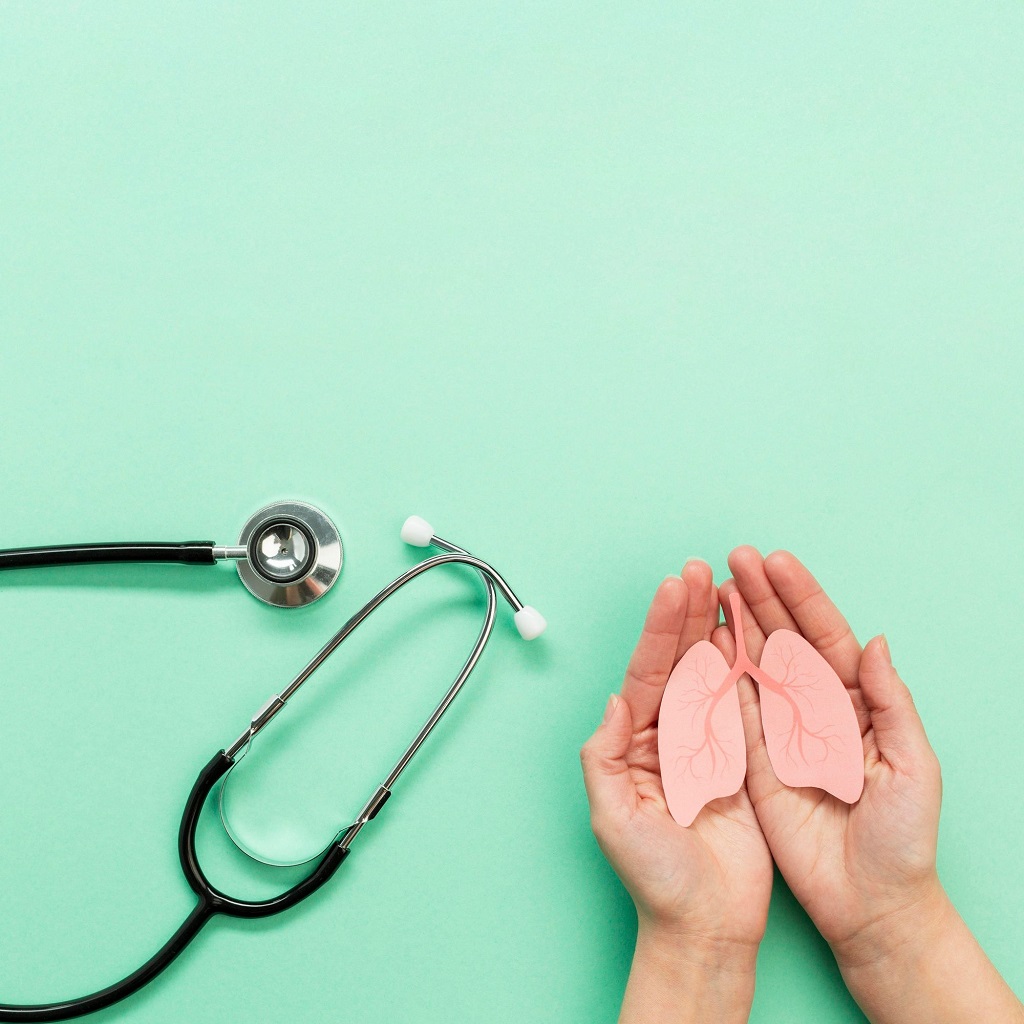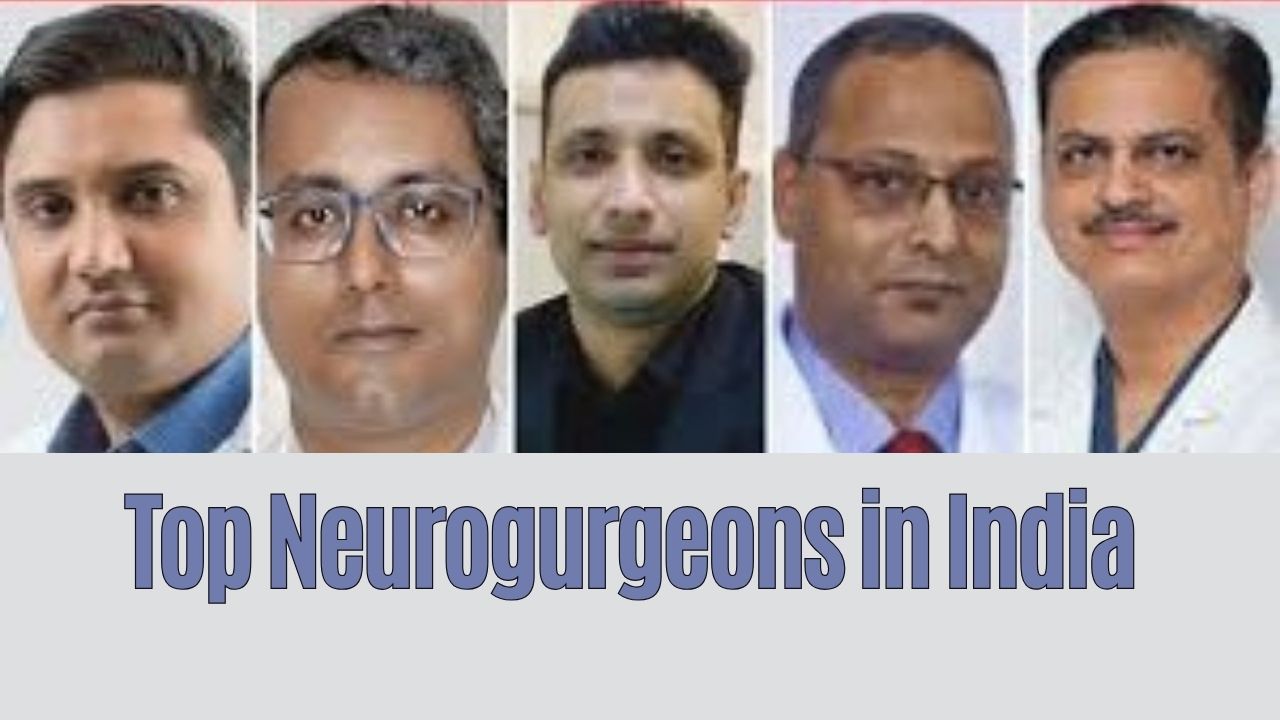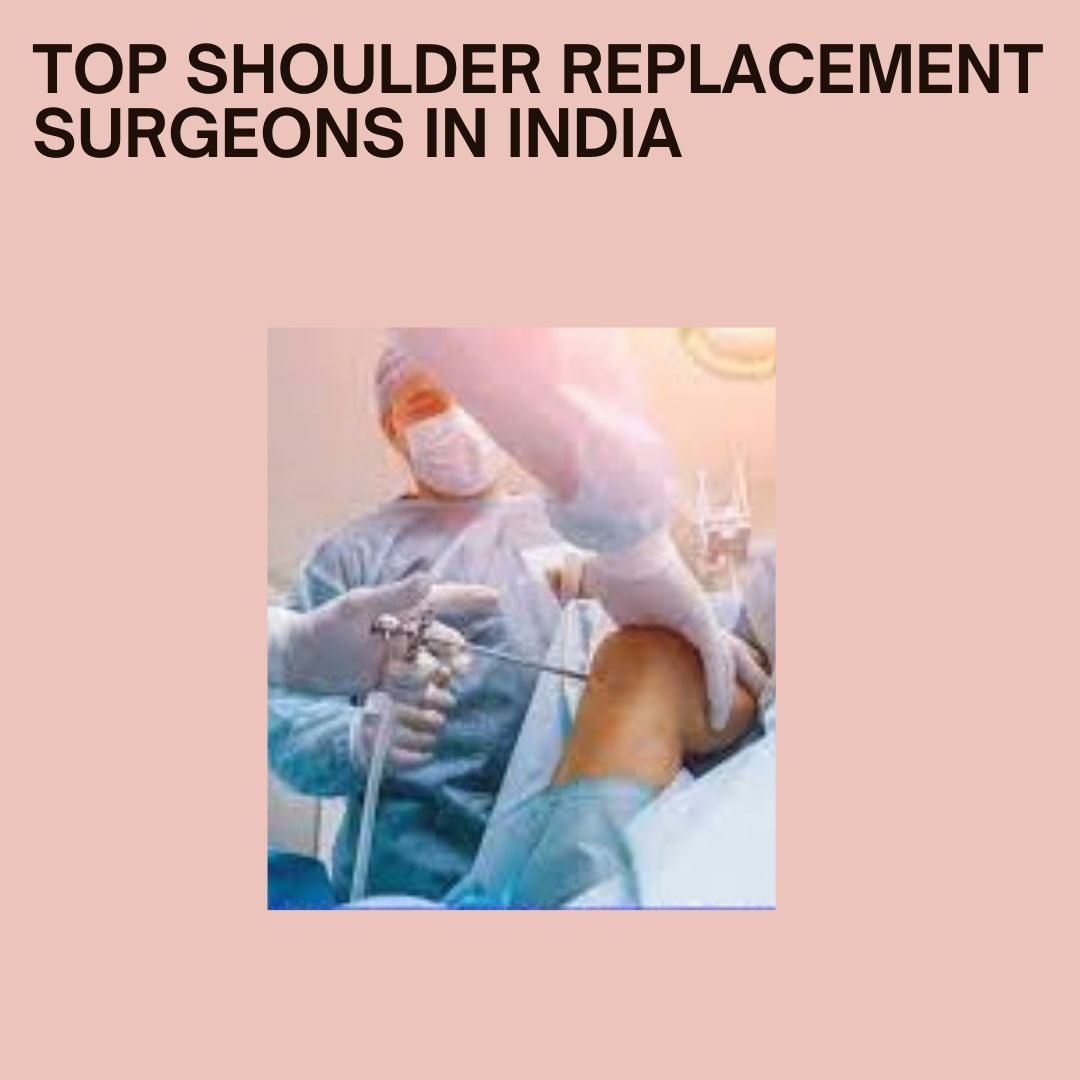
With the widespread rise in chronic illnesses, there has also been a massive increase in the number of heart diseases lately. Heart illness is not subjected to age but is affecting the lives of many young persons as well. It has become the norm, as we every day hear of numerous people being victims of heart disease. Keeping in mind the growing rates of heart illnesses, people are switching to healthy lifestyles. Fitness enthusiasts fainting and succumbing to coronary heart disease have raised alarms, thereby asking the general folk to be more vigilant when it comes to their health.
As per studies, the rate of heart disease is immensely increasing not just globally, but also in India. In the case of the rural population, the rate of heart disease has increased from 1.6% to 7.4%, and in the case of the urban population, it has increased from 1% to 13.2% respectively. And this shoot-up is a serious cause of concern. So in this article, we’ve deeply explained heart and heart treatment, the best hospital for heart treatment in India, and also the best doctors for heart in India.
If the heart stops functioning then what remains? It’s the reason we’re staying alive. The moment it stops pumping blood, our lives will be in danger. Forming the most essential organ of our body what heart is? How does it function? What are the causes of heart disease? How’s heart treatment done? We’ll closely discuss every matter in this section.
THE HEART:
The heart is a vital organ of the cardiovascular system that performs the function of pumping blood throughout the body. It also keeps a check on your heart rate and blood pressure. Though it performs extremely important functions, its size is as small as two-clenched human fists in an adult. Your brain and your nervous system are responsible for managing your heart’s function, yet when a person is brain-dead, the heart can continue beating even without nerve impulses. But without the support of a ventilator, such a person might not be able to breathe.
The heart is located in front of the chest, slightly to the left, behind the breastbone, and is protected by the ribcage. And to make space for your heart, the left lung is smaller in size compared to the right lung. On average, a heart weighs only around 283.5 grams, but based on your body size and gender, the weight may differ. The heart has walls that contract and squeeze to send blood throughout your body, chambers (rooms) to receive and send blood, valves (doors) that open and close to allow blood flow, vessels to provide a pathway for the blood to travel, and electrical conduction system to control the pace of the heartbeat. So your heart is perfectly structured, where each of its parts has been assigned specific roles. So let’s move on to what functions a heart perform:
Functions of a heart:
The heart performs various functions that are necessary for every second of human life. Let’s discuss its functions one by one:
- It pumps blood throughout the body.
- The heart controls the blood pressure and ensures that it is normal.
- Circulates hormones and nutrients to different body parts.
- Receives blood that has less oxygen and pumps it to the lungs.
- Carries away waste products and carbon dioxide.
- Supplies purified blood to other parts of the body.
Facts about the heart:
- Your heart beats about 1 lakh times per day.
- Except for the cornea, the heart supplies blood to the entire human body.
- It pumps over 1.5 gallons of blood every minute which reaches around 2000 gallons every day.
- A woman’s heart beats faster than a man’s.
- Your body has 60,000 miles of blood vessels.
- Horses can mirror the heart rate of the person touching them.
- The heart continues to beat even when disconnected from the body.
- Heart cancer is very rare as the heart cells stop dividing.
I hope you’ve got to know the basic information about your heart that will help in understanding your heart in a much better way.
HEART TREATMENT:
Being the primary organ of your body, your heart needs extra protection and care. Heart attacks or cardiac arrests happen all of a sudden, and the survival rates are around 90% to 95% This mainly depends on the type of heart attack, the urgency of treatment, the age of the patient, and also his/her rate of responsiveness to the treatment. A good heart treatment, proper care, and diet by the patient can do wonders and make the treatment a success.
Causes of Heart Disease:
The main reason why heart attacks are caused is Coronary Artery Disease (CAD) which creates a build-up in your heart arteries, leading to blockages. Apart from this, some reasons cause a heart disease:
- Blood clots in the heart.
- Opening of the plaque.
- COVID-19 or other infections causing heart damage.
- Tearing of the heart artery.
- Smoking or a long exposure to second-hand smoke.
- High blood pressure is caused by diabetes, high cholesterol, obesity, etc.
- Old age.
- High cholesterol.
- High triglycerides (blood fat)
- Obesity.
- High blood sugar levels.
- High stress levels.
- An unhealthy lifestyle.
- A family history of heart attacks.
- Rheumatoid arthritis.
- Increased consumption of cocaine.
Some causes are in our hands, if we don’t change ourselves, we might be prone to heart disease.
Types of Heart Diseases:
There are various types of heart diseases caused by several different defects in your heart. Let’s briefly discuss them:
Coronary Artery Disease: It is caused by the narrowing of the blood vessels of the heart due to fatty deposits.
Abnormal Heart Rhythm (Arrhythmia): A condition where the heart beats irregularly, which is not normal.
Heart Valve Disease: It refers to a situation where the heart valves are not functioning in the right way about your blood flow.
Abnormal Heart Muscle (Cardiomyopathy): This condition hampers the process of pumping blood to the rest of the body as it affects the heart muscles.
Heart Squeezing and Relaxation Difficulties (Congestive Heart Failure): In this case, the heart doesn’t pump enough blood necessary for the proper functioning of the body.
Congenital Heart Disease: It is a defect in the heart’s structure right from birth.
Trouble with the pericardium (a membrane enclosing the heart)
How to diagnose a heart disease and how to take the necessary precautions?
To diagnose heart disease you can get your physical check-up done by taking blood tests and x-rays. Moreover, the following are some of the ways to diagnose heart disease:
Electrocardiogram (ECG/EKG): A painless and quick test to reveal if you had any heart attack or heart damage earlier. It also displays any irregular heart rhythm.
Ambulatory Monitors/ Holter Monitoring: A holter monitor is worn for a day and an ambulatory monitor can be worn for days/weeks/years to detect abnormal heartbeats.
Echocardiogram: This test uses ultrasound waves to show the movement of blood through the heart and heart valves.
Cardiac Computed Tomography Scan (CT Scan): It is an X-ray that scans your heart and collects its pictures for examination by the doctor.
Magnetic Resonance Imaging (MRI) Scan: This scan shows images of your heart and also shows the heart chambers, valves, and any defects of the same.
Exercise Tests/Stress Tests: Here, the patient is required to exercise while his/her heart is being monitored to detect any heart disease symptoms.
Cardiac Catheterization: A tube is inserted into the heart’s blood vessel through the leg/arm to know the overall heart health.
To keep your heart healthy, you can do your bit by adopting a healthy lifestyle and healthy habits. This includes:
- Taking Medication: For better results, you must take proper medication as prescribed by your doctor.
- Surgery or procedures: The person with a heart disease should undergo surgery or procedures as per his/her heart’s complications. This will ensure the normal functioning of the heart.
- Adopt a healthy lifestyle: You should aim at a healthy way of living by reducing the intake of saturated fats, avoiding smoking and other intoxicants/drugs, maintaining a low-salt diet, and so on.
- Exercising: Make sure you exercise regularly and engage in daily activities. Also, you must get enough sleep.
Top 10 Best Heart Hospitals In India:
When it comes to heart, there are no compromises in any way. Getting heart treatment done in a reputed and well-known hospital where the hospital is well-equipped with all the equipment necessary for the treatment is essential. Following are the top 10 best heart hospitals in India:
- Fortis Escorts Heart Institute, Okhla Road, New Delhi.
- Max Super Specialty Hospital, Press Enclave Marg, Saket, New Delhi.
- Indraprastha Apollo Hospital, NH-19, Jasola, New Delhi.
- BLK-Max Super Specialty Hospital, Pusa Road, New Delhi.
- Manipal Hospitals, Sector 6, Dwarka, New Delhi.
- Sir Ganga Ram Hospital Marg, Rajender Nagar, New Delhi.
- Moolchand Hospital, Lajpat Nagar, Defence Colony, New Delhi.
- Medanta – The Medicity Hospital, Islampur Colony, Sector 38, Gurugram, Haryana.
- Kokilaben Dhirubai Ambani Hospital, Achutrao Patwardhan Marg, Andheri West, Mumbai, Maharashtra.
- Narayana Multispecialty Hospital, Sadaramangala Industrial Area, Whitefield Main Road, Bangalore, Karnataka.
Top 10 Best Heart Doctors In India:
Getting a heart treatment done by an experienced and expert cardiologist is also equally important as getting the treatment done in a reputed hospital. Let’s know the top 10 best heart doctors in India:
- Dr. Sarita Gulati, Manipal Hospital, Dwarka, New Delhi.
- Dr. Arif Mustaqueem, Max Super Specialty Hospital, Saket, New Delhi.
- Dr. Rajni Sharma, Sehgall Heart Centre, Delhi.
- Dr. Arif Mustaqueem, Max Super Specialty Hospital, Saket, New Delhi.
- Dr. K.K. Kapur, Indraprastha Apollo Hospitals, New Delhi.
- Dr. Anil Saxena, Fortis Escorts Heart Institute, New Delhi.
- Dr. Vanita Arora, Apollo Hospital, New Delhi.
- Dr. Anil Bhan, Medanta Hospital – The Medicity, Gurugram, Haryana.
- Dr. Suresh Joshi, Wockhardt Hospital, Mumbai, Maharashtra.
- Dr. Vivek Jawali, Fortis Hospital, Bangalore, Karnataka.
Final Thoughts:
I hope you’ve got all the information that you’ve been looking for. If you’re someone suffering from heart disease, then take utmost care of yourself by taking proper medications and keeping yourself fit by indulging in cardio rehabilitation programs. And note that you get your treatment in the best hospital and consult with the best doctor.
My Med Trip is a well-known healthcare and medical tourism company in India. We are offering complete medical tourism services in India for foreign patients. We also provide free medical consulting with appointments with the best hospitals and doctors in India. Our main medical tourism services are kidney transplant cost in India, spine surgery, liver transplant cost in India, lung transplant, liver cancer treatment in India, BMT hospitals, best kidney transplant hospital in India, orthopedic hospitals, shoulder replacement in India, skin cancer, brain tumor surgery cost in India, knee surgery, top heart hospital in India, cancer treatment, bone marrow transplant in India, hip replacement, best cardiologist in India etc.







